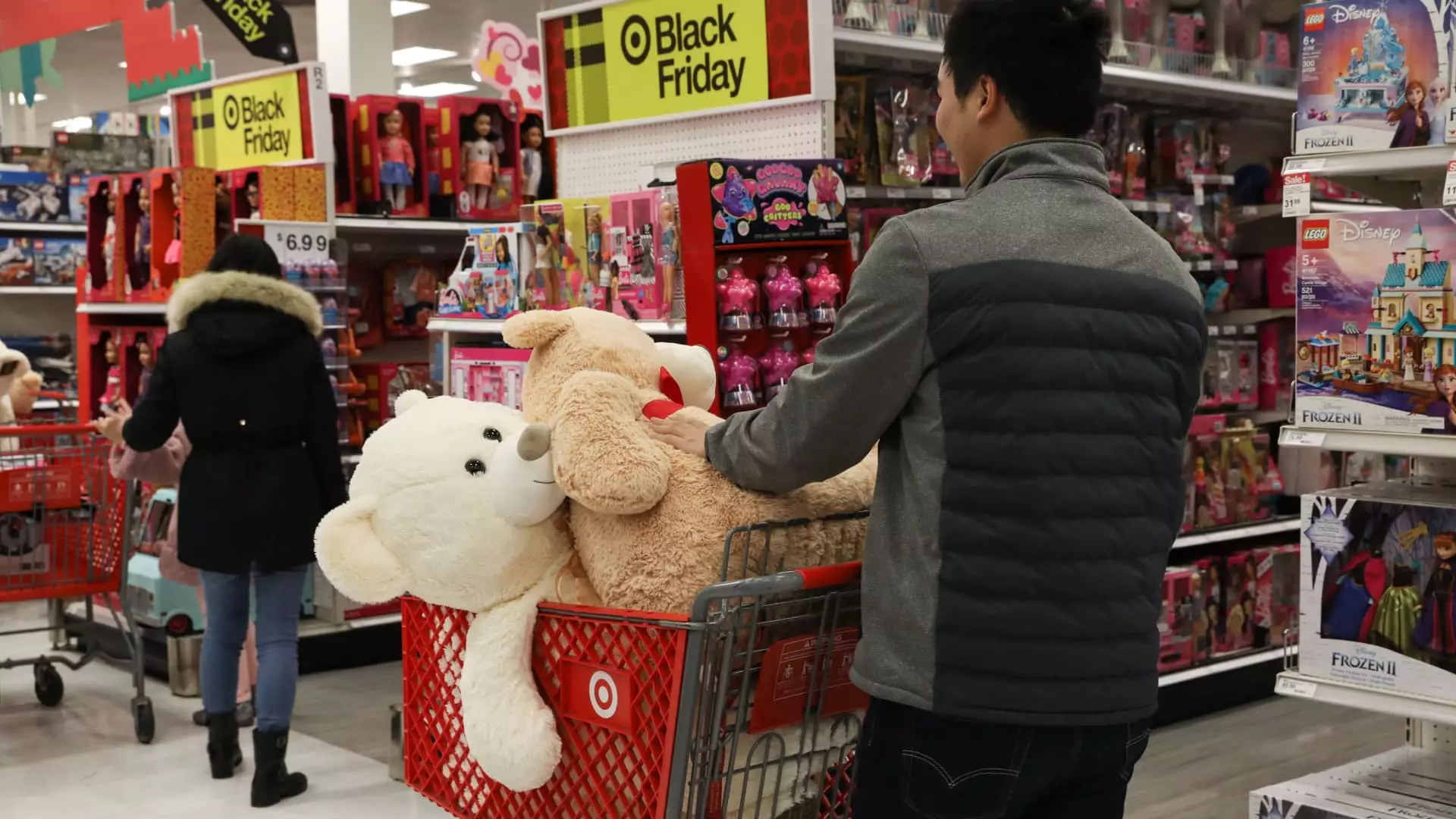In what can only be described as a catastrophic turn of events for families across America, the Biden administration’s recent escalation of tariff policies is set to demolish the prices of toys. The imposition of a staggering 54% baseline tariff on goods imported from China—along with a hefty 46% on those from Vietnam—comes at a time when families are already grappling with soaring inflation. The fallout will not only affect toy companies but will have a direct impact on parents and children alike, who may find it increasingly difficult to afford the very products that bring joy and playtime to their home.
With nearly three-quarters of toys sold in the U.S. coming from China, the dependency of American toy manufacturers has been starkly illuminated. Companies like Hasbro and Mattel are now caught in a crisis between the necessity to maintain profits and their moral obligation to keep toys accessible to children. The widespread panic in the toy industry is palpable—with experts predicting drastic price hikes looming ahead as companies scramble to manage their production costs.
The Economics of a Trade War
From an economic perspective, the situation is a textbook case of how protectionist policies can backfire. While the intention behind imposing such steep tariffs may be to make domestic manufacturing more competitive, the reality is that these taxes are punitive measures directed at consumers. Federal policies that aim to punish specific countries should not come at the expense of American families. The toy aisle is not just a market; it is a crucial space for child development and creativity.
Industry insiders like Greg Ahearn of The Toy Association highlight that the repercussions of these tariffs will cascade down to everyday consumers, especially among low- and middle-income families who can ill afford another financial burden. Raising toy prices effectively amounts to a tax on joy itself—a cruel irony that American consumers should not have to face.
What Lies Ahead for Toy Manufacturers?
Though toy companies might seek alternatives in countries like Indonesia and India, the imposition of tariffs on those nations makes such strategies less than foolproof. With their profit margins already operating on thin ice, many manufacturing decisions are now being dictated by political maneuverings rather than consumer demand. Analysts like Eric Handler of Roth are predicting that companies will have to adjust their forecasts downward, which in essence signals an impending decline in product ranges and available inventory.
Thus, American companies may face a grim dilemma: absorb the costs and take a hit to their profit margins or pass the burden on to consumers and risk alienating their customer base. When almost all available alternatives are similarly ensnared by tariffs, the question becomes whether families will be able to afford basic toys as we approach crucial sales seasons like back-to-school shopping.
The Psychological Impact on Families
Beyond the mere economic implications, this crisis holds a human element that cannot and should not be ignored. Toys play an integral role in childhood development, providing not just entertainment but also educational benefits and emotional comfort. The prospect of reduced access to affordable toys impacts not only the pocketbook but also the well-being of children and the joy they derive from play.
Experts in childhood psychology often speak to the importance of imaginative play, helping children develop critical thinking skills and emotional intelligence. If the toy industry falters under these burdensome tariffs, it stands to erode the very fabric of childhood experiences for many children—not to mention the local businesses that depend on toy sales.
The Wider Implications of Trade Policies
Ultimately, the ramifications of these tariffs extend well beyond the toy aisle. They stand as a stark reminder of the fragility of global supply chains and the unintended consequences of political miscalculations. Tariffs may have seemed like a straightforward solution to trade disparities, but they sow discord among industries that rely on international commerce and trust.
For families contemplating whether to splurge on toys during an already tumultuous time, the consequences are severe. They may no longer have the luxury to choose between brands, price points, or even the very types of toys they once took for granted. Children today are set to face a reality where their access to joy is hindered by political decisions made miles away in Washington.
In a landscape where consumer interests clash with aggressive trade politics, America’s toy industry stands as both a victim and a battleground for making sense of a complex global economy.

Leave a Reply